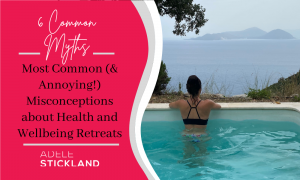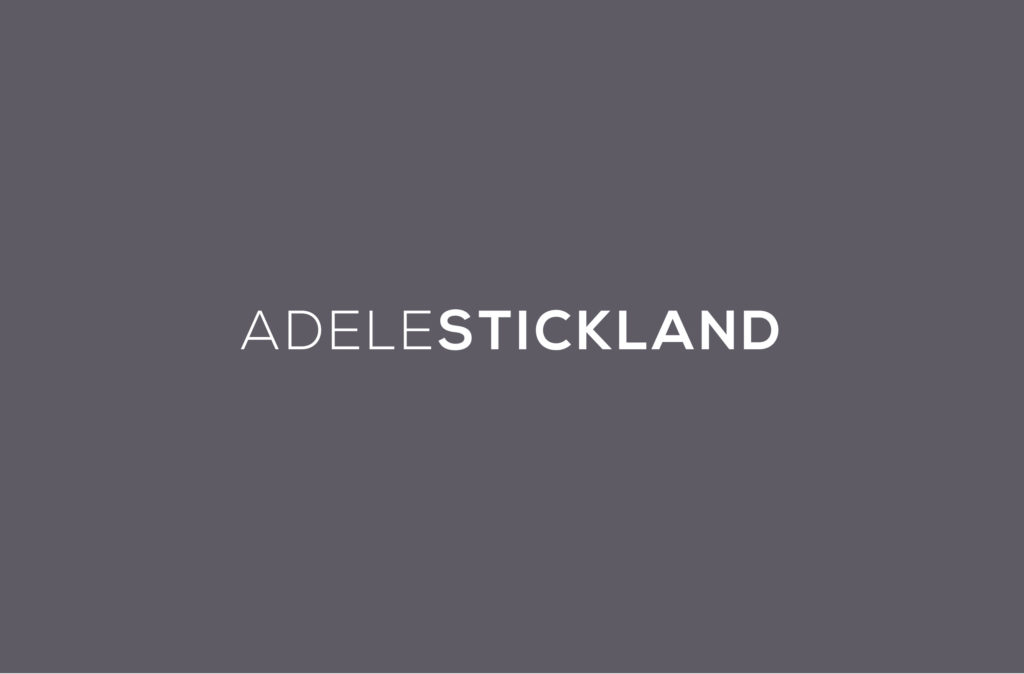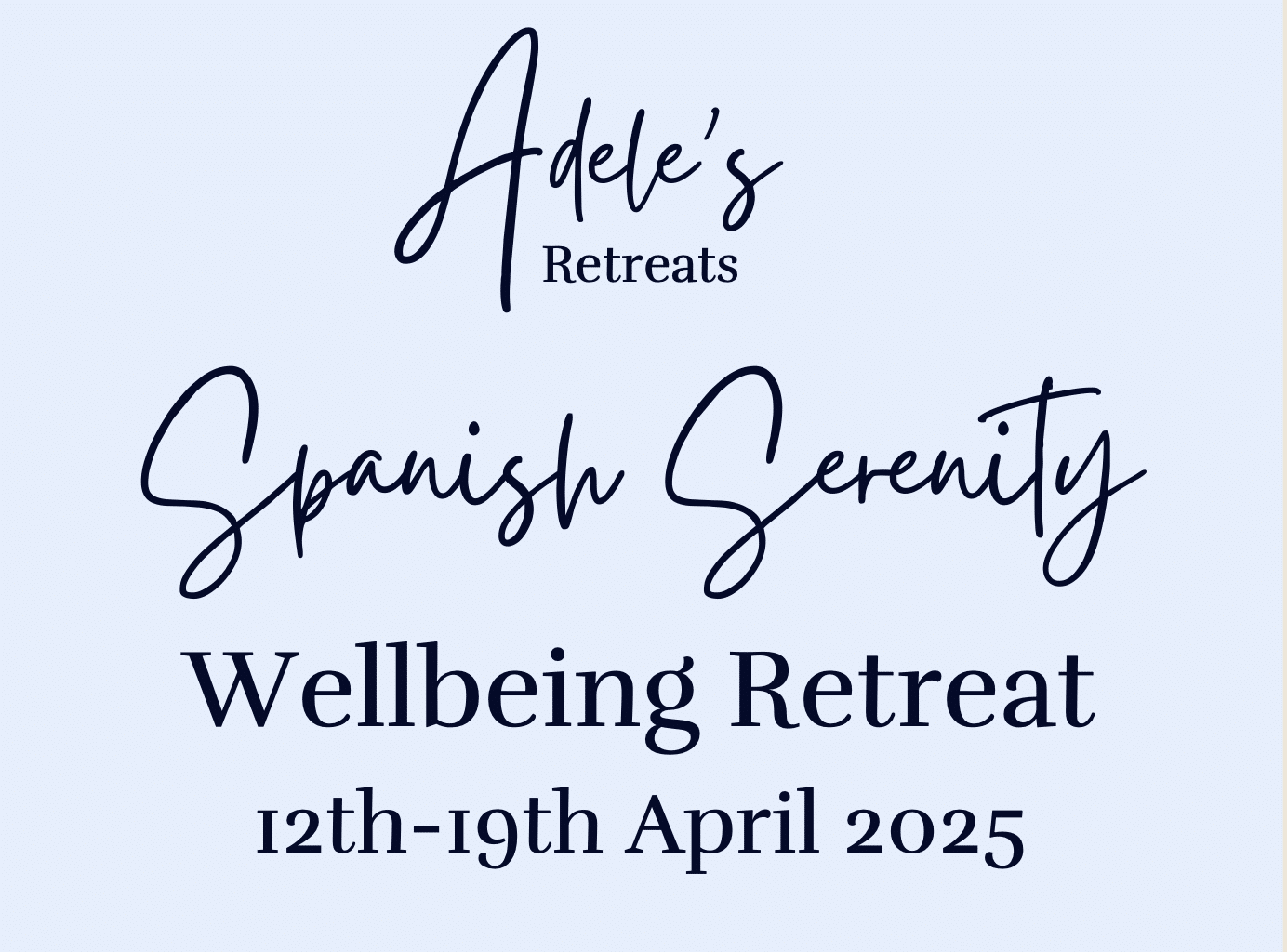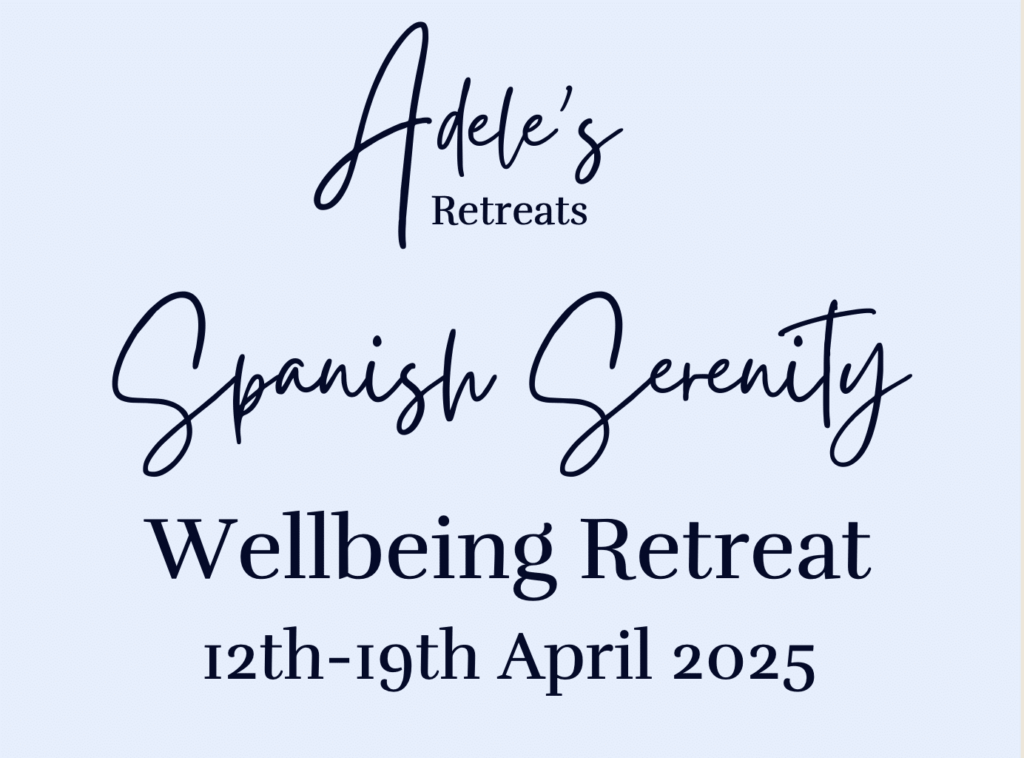With 80 percent of your immune system residing in your gut, the state of your gut helps determine how you feel, physically and mentally. When your gut bacteria are properly in balance and your gut is happy, you have a thriving population of beneficial bacteria supporting your immune system. Your immune systems may have blind spots and that your immune response doesn’t recognise certain bugs or the bugs have sneaky evasion strategies. But a lifestyle that ensures your defenses are as good as they get is as simple as eating more pro and prebiotics and live in a symbiotic relationship with your gut bacteria
What is a probiotic?
Probiotics are live bacteria and yeasts that are good for your health and your digestive system. Your body is full of bacteria, both good and bad. Probiotics are beneficial forms of gut bacteria that help stimulate the natural enzymes and processes that keep your digestive organs functioning properly. Probiotics help move food through your gut:
- When you lose “good” bacteria in your body (like after you take antibiotics, for example), probiotics can help replace them.
- They help balance your “good” and “bad” bacteria to keep your body working as it should.
Probiotics help your immune system and your mood. Your mood and even your hormonal balance are affected by the state of the bacterial inhabitants living inside of your body.
Your gut helps to absorb and metabolize nutrients from the foods you eat that ultimately are used to support neurotransmitter functions that create the hormones (like serotonin) that control your mood and help reduce stress. Perhaps the final straw in triggering a mood-related disorder might be a series of misfiring neurotransmitters in parts of the brain that control fear and other emotions.
These transmissions partly depend on the health of the microbiome (or gut flora), so when the balance of gut bacteria isn’t working right, other biological pathways including hormonal, immunological or neuronal won’t work right either.
Probiotic foods include:
-
- Proper yoghurt – goats or Greek
- Kefir
- Sauerkraut
- Miso Soup
- Pickles
- Tempeh
- Kimchi
- Kombucha tea
-
Kefir is fermented milk made by using kefir grains containing beneficial yeast as well as probiotic bacteria and helps gastrointestinal problems and digestion, it is apparently great for weight loss, and a good source of calcium and protein as well as improving your response to stress & anxiety, it boosts your immune system, improves digestion, provides energy and supports detoxification.
Processed probiotic products
Yakult and other processed probiotic products are probiotic dairy products made by fermenting a mixture of skimmed milk the big selling point is it rich in probiotics and low in fat, which generally means high in sugar. The bad bacteria in your gut loves sugar it breeds on sugar. So even though Yakult, Actimel, and Benecol make the following health claims:
-
-
- Free From Artificial Flavours
- Free From Colours
- Free From Preservatives
- Contains vitamin D & vitamin B6, which contribute to the function of your immune system
- Vitamin B6 also contributes to the reduction of tiredness and fatigue.
-
The probiotic benefits are negated because of the amount of sugar they contain fruit sugar (otherwise known as fructose) is added to these products as a natural sweetener. Plus the vitamins have been ‘added’, they are not natural. In the same way that fortified cereals have added vitamins and minerals, everything is stripped away and then vitamins, or in this case, fructose and bacteria are added back in to make the products seem healthy. ‘Fructose’ is the ‘sugar’ added to these drinks. Fructose likes to attach itself to the amino acid called Tryptophan.
When fructose is removed from the body, and it is flushed out it takes with it the attached amino acid, Tryptophan. The unfortunate thing for your body is that Tryptophan helps to make a valuable hormone. It helps to make the happy hormone Serotonin. When the excess sugar is removed from the body it takes Tryptophan with it and you are unable to make the happy hormone, resulting in anxiety and even depression. Don’t miss: why gut bacteria make you feel fat
If you want support in making personal changes that will increase your feeling over wellbeing but feel overwhelmed and confused about where to start then pick up a copy of Gorgeous!
What is a prebiotic?
Prebiotics are plant fibres that beneficially nourishes the good bacteria already in your large intestine. While probiotics introduce good bacteria into the gut, prebiotics act as a fertilizer for the good bacteria that’s already there. Prebiotics help your good bacteria to grow and improve the good-to-bad bacteria ratio. Increased bacteria benefits your health your overall well-being, and improves the connection from your stomach to your brain. Research suggests that prebiotics are responsible for supporting your immune system, relieving depression and helping to prevent obesity as well as lowering your risk for cardiovascular disease.
Other benefits of consuming prebiotics include:
– healthier cholesterol levels
– better gut health
– improved digestion
– lower your stress response
– better hormonal balance
– higher immune function
– lower risk for obesity and weight gain
– lower inflammation and autoimmune reactions
Prebiotic foods include:
- Jerusalem artichoke,
- garlic,
- onions,
- leeks
- asparagus,
- bananas,
- barley,
- oats,
- apple,
- flaxseeds,
- seaweed.
The list looks easy enough to add to your diet, however, the caveat is raw is best. Raw onions, garlic, leeks, asparagus how does that sound? Your success depends on starting a small, new routine. A routine habit that will ease the strain.
Prefer Video? Watch My Video:
What are probiotics?
Have you ever considered working with a Health Coach!
It’s taken me years (and loads of mistakes) to work out how to fit in nourishing nutrition, fulfilling exercise around my life which includes my coaching business, my Pilates obsession and 3 kids!
And now I coach busy, successful women over 40 to do the same – via my membership community: The Gentle Reset – and I’d like to invite you to join me see what it is like find out more: read the blog The Gentle Reset
Based on the latest science from the world of nutrition, neuroscience and exercise I’ve created a coaching programme that will create habits that will keep you energised for life.
Who is my Group Coaching Programme for?
- If you are over 40 and wondering what the next 50 years are going to look like for you, then my Group Coaching programme is a great way to reset your health.
- Busy, professional woman, successful in so many other aspects of your life but find it hard to find time for you then my Group Coaching Programme is perfect for you.
- Looking for nutrition, exercise and emotional wellbeing that is tailored to you, your life and your commitments.
- Move your health onto the next stage, and create a new lifestyle that supports and nurtures you rather than drains you. Then The Gentle Reset is perfect for you – Join here: The Gentle Reset
- If you know that you are looking to improve your nutrition and nourish your body by adding in great nutritional and exercise habits that will not lead to burnout instead you will feel energised and vital so that you can take on all those ‘life’ tasks that previously you found so draining.
- Or you are looking to increase your mental agility, enhance your creativity and problem-solving abilities. to tackle the next stage in your career and life then jump into the Group Programme
- If you want to feel emotionally and physically stronger so that the stress of life doesn’t send you into a spin of negative coping strategies and behaviours then join us for the next round.
If you are looking to read more before you decide then read more about my Group Coaching programme click here: The Gentle Reset
What results should you expect?
University lecturer and business owner Rachel explains “I am starving, therefore, I must be losing weight, but the scales were going the opposite way – I was confused…” Rachel is a busy professional, hardworking and successful who lives life at a “100 miles an hour”. She fits a lot into her day and she was looking for some help with her health that could be “easily absorbed into her day” She noticed she was getting a lot of colds, feeling lethargic, she knew it was because she wasn’t putting the right nutrition in her body. You can hear Rachel talking about how she changed her life click here
Find out more about the success stories click here
How much does it cost?
Your investment is currently £415 but this is for a limited time, the price will be increasing soon.
If you are interested in finding out more about the costs of working with a Health Coach read my blog: How much do Health Coaches charge?
BE QUICK this programme, along with all my programmes will be increasing in price very soon > Click here to find out why I am raising my prices But you’ll also discover how you can grab a place before my prices go up, but you will need to be fast.

Gorgeous is your journey of discovery
PS. The next round of Gentle Reset begins soon, get started on your first habit Click here to join The Gentle Reset


















10 responses to “What are probiotics and prebiotics”
Very interesting article. Thanks for explaining the difference between pre and pro biotics. I’m inspired to give Kefir a go – it’s all Clarry and Susan have been talking about in the Archers recently!!
Well who knew Get Gorgeous could be so current and on trend with the Archers – pleased as punch 🙂 Thanks Ruth
Adele x
[…] Prebiotics and probiotics: what are prebiotics and probiotics blog […]
I have live kefir grains which keep multiplying so if anyone at the Cheriton Bishop classes want some then let me know.
[…] Don’t miss Why you shouldn’t drink yoghurt drinks […]
[…] Don’t miss my blog: What are probiotics and prebiotics and why you shouldn’t buy YOGHURT DRINKS […]
[…] Don’t miss my blog on What are probiotics and prebiotics and why you shouldn’t drink Yakult! […]
[…] Don’t miss my blog: What are probiotics and prebiotics and why you shouldn’t buy YOGHURT DRINKS […]
[…] Have you read what are pre and probiotics and why you should avoid yoghurt drinks? […]
[…] Pro-biotics and pre-biotics what are they and how do you add them into your diet? […]